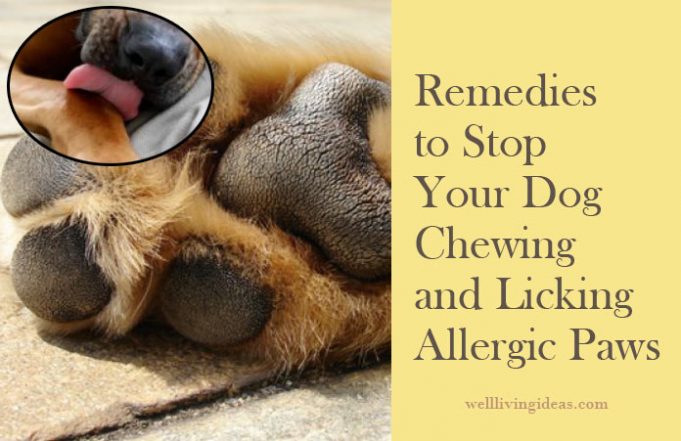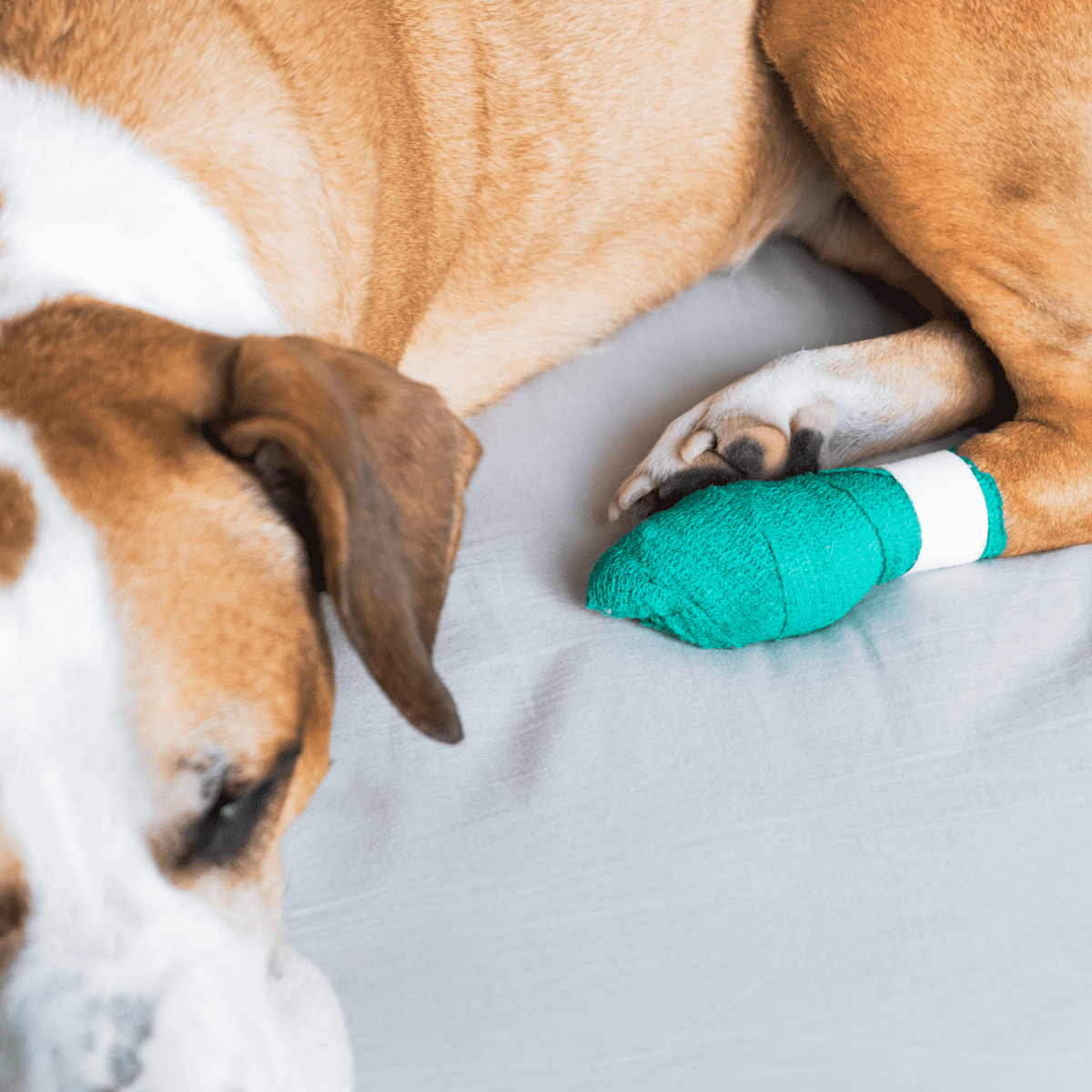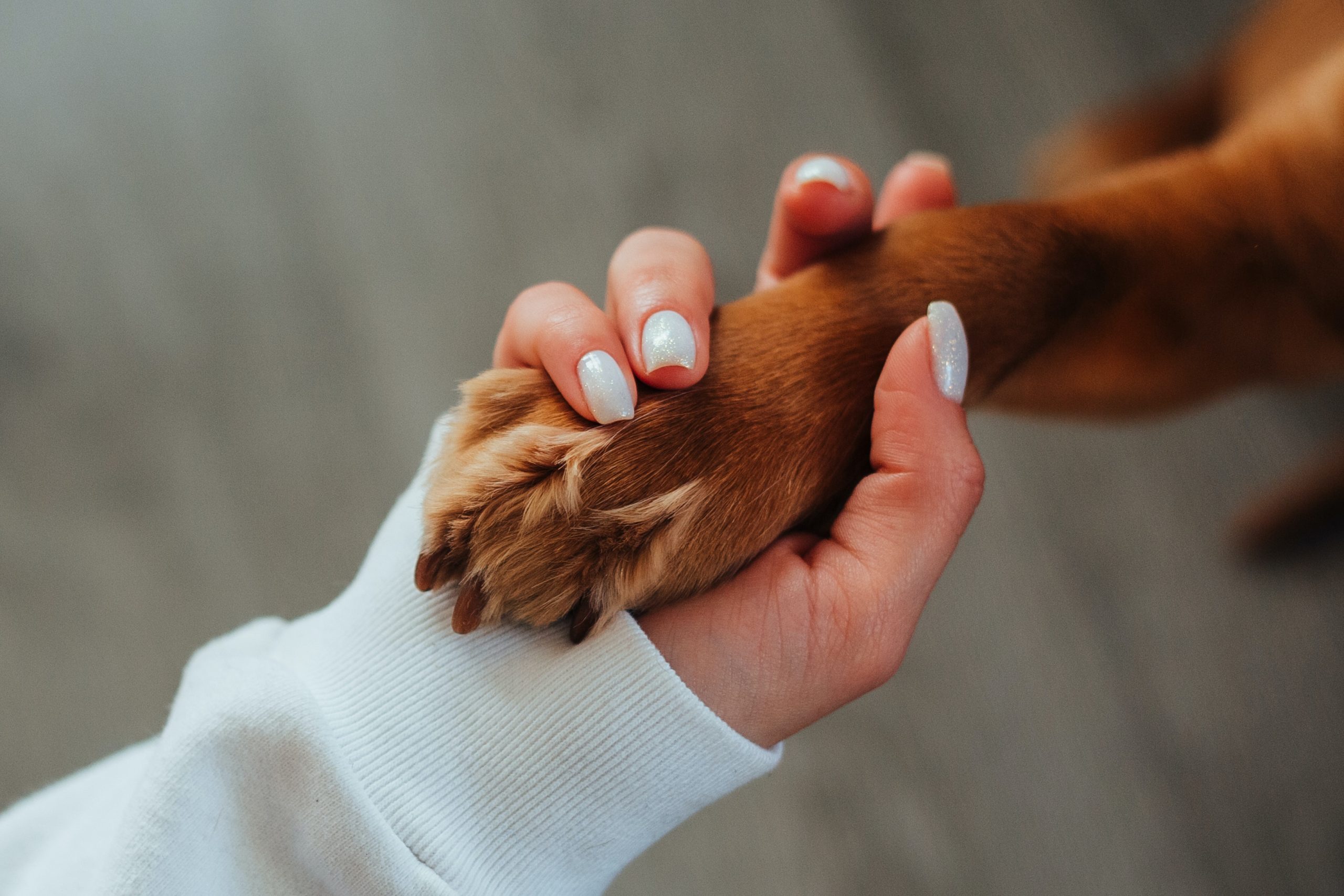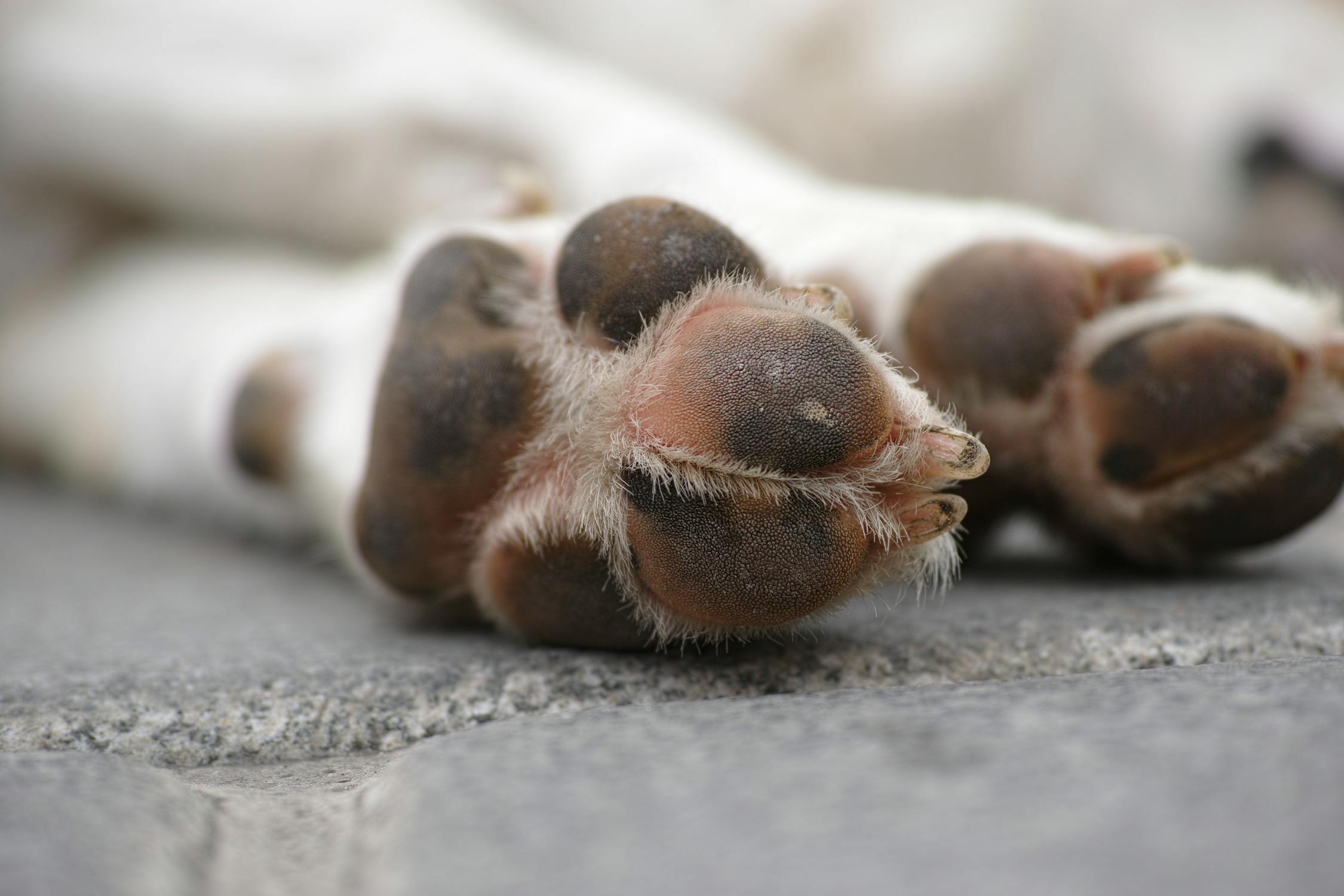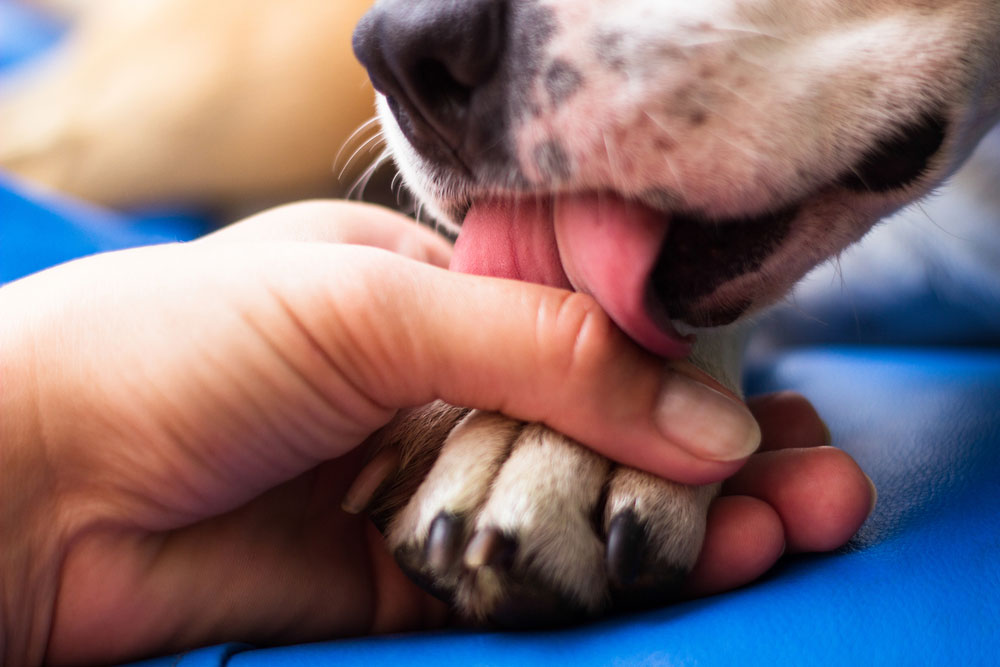Home Remedy For Dog Chewing Paws

For frustrated dog owners battling the persistent problem of paw chewing, a common and often perplexing behavior, relief may seem elusive. While veterinary intervention remains crucial for diagnosing underlying medical conditions, many owners are exploring home remedies to alleviate discomfort and curb the chewing habit.
This article examines some popular and often-discussed home remedies for dog paw chewing, exploring their purported benefits, potential risks, and the importance of consulting with a veterinarian before implementing any treatment plan. It aims to provide dog owners with balanced information to make informed decisions regarding their pet's care.
Understanding Paw Chewing: A Complex Issue
Paw chewing in dogs is rarely a simple behavior. It's frequently a symptom of an underlying issue, ranging from allergies to anxiety. Therefore, pinpointing the root cause is paramount for effective treatment.
Common causes include:
- Allergies: Environmental or food allergies can cause itchy skin, leading to paw chewing.
- Parasites: Fleas, ticks, and mites can irritate the skin and prompt chewing.
- Injuries: Cuts, abrasions, or embedded foreign objects can cause localized pain and chewing.
- Anxiety/Boredom: Some dogs chew their paws due to stress or lack of stimulation.
- Dry Skin: Dry, cracked paws can be uncomfortable and trigger chewing.
Popular Home Remedies: What's Being Tried?
Several home remedies are frequently cited as potential solutions for paw chewing. However, it's important to remember that their effectiveness can vary depending on the underlying cause and individual dog.
Epsom Salt Soaks: Relief for Irritated Paws?
Epsom salt soaks are often recommended for their potential to reduce inflammation and draw out infection. Proponents suggest soaking the affected paw in warm water with Epsom salt for 10-15 minutes, several times a day.
However, the American Kennel Club (AKC) emphasizes that while Epsom salt can be helpful for minor irritations, it's not a substitute for veterinary care if the chewing is severe or persistent.
Apple Cider Vinegar: A Natural Antiseptic?
Diluted apple cider vinegar (ACV) is another popular remedy, touted for its antiseptic and antifungal properties. The idea is to either soak the paw in a diluted solution or apply it topically.
Veterinarians caution against using ACV on open wounds or inflamed skin, as it can cause further irritation. Furthermore, the pH balance of ACV can be problematic for some dogs.
Oatmeal Baths: Soothing Itchy Skin
Oatmeal baths are a well-known remedy for itchy skin in humans, and the same principle applies to dogs. Colloidal oatmeal can help soothe irritated skin and reduce inflammation.
Many dog owners use commercially available oatmeal shampoos or create their own by grinding plain, unflavored oatmeal into a fine powder and adding it to bath water. The Veterinary Dermatology Group recommends ensuring the dog doesn't ingest the oatmeal during the bath.
Coconut Oil: Moisturizing and Protective?
Coconut oil is often praised for its moisturizing and anti-inflammatory properties. Applying a thin layer of coconut oil to the paws can help prevent dryness and cracking, potentially reducing the urge to chew.
However, it is essential to use a small amount to prevent the dog from ingesting too much, which can lead to digestive upset. The Pet Poison Helpline also states that, while generally safe, some dogs may be allergic to coconut oil.
Protective Barriers: Preventing Access
Sometimes, the simplest solution is the most effective. Using dog boots or socks can prevent the dog from physically accessing their paws, breaking the chewing habit and allowing any underlying irritation to heal.
It's crucial to ensure that the boots or socks are comfortable and breathable to avoid trapping moisture and potentially exacerbating the problem. Always supervise the dog while they are wearing boots or socks to prevent them from chewing on them.
The Importance of Veterinary Consultation
While home remedies may offer temporary relief, they are not a substitute for professional veterinary care. A veterinarian can accurately diagnose the underlying cause of the paw chewing and recommend the most appropriate treatment plan.
Ignoring persistent paw chewing can lead to secondary infections and further complications. A veterinarian may recommend allergy testing, prescription medications, or other specialized treatments. Early diagnosis and intervention are key to managing this issue effectively.
Conclusion: A Balanced Approach
Addressing paw chewing in dogs requires a multi-faceted approach. While home remedies can play a role in alleviating discomfort, they should always be used in conjunction with veterinary guidance. Dog owners should prioritize identifying and treating the underlying cause of the behavior rather than relying solely on home remedies.
By working closely with a veterinarian and implementing a comprehensive treatment plan, dog owners can help their furry friends find relief from paw chewing and enjoy a happier, healthier life. Remember, a healthy pet is a happy pet.


